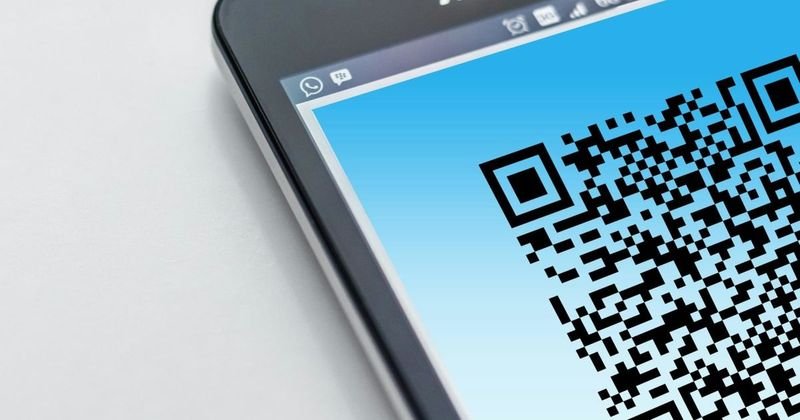Guarding Against the Surge: Navigating the Growing Threat of QR Code Scams in 2024
Before scanning your next QR code, consider who might be on the other end manipulating it to their advantage. With the rising number of consumers scanning QR codes, reaching almost 16 million, and the expanding areas of application such as menus and advertisements, hackers are finding opportunities to exploit them. ConsumerAffairs discovered that QR codes are remarkably easy to create using various free generators available online. These codes can be designed to execute actions like sending links, emails, making phone calls, or even initiating PayPal requests. However, this simplicity in creation also makes them susceptible to manipulation by hackers, posing a significant threat to the security of users' devices.
When individuals unknowingly scan malicious QR codes, the consequences can be severe. Hackers gain control of the device, leading to potential data breaches, malware installation, or redirection to fake payment portals where scammers exploit banking and credit card information. Retrieving money lost through payments made via scam QR codes proves to be nearly impossible. The FBI has already started receiving reports of QR code scams, and experts predict that 2024 will witness an increase in QR code phishing scams, taking advantage of their widespread use for payments and information sharing.
To protect against QR code hacks, security experts emphasize the importance of common sense. Users are advised not to trust QR codes from suspicious sources, similar to being cautious with emails or instant messages. While QR codes on items like restaurant menus are likely safe, individuals should remain vigilant in places where code scanning has become routine, such as restaurants and bars. Awareness of potential scams involving QR code swapping, where scammers replace legitimate codes with their own to gain access to credit card details, is crucial. Users should also be cautious of urgent or alarming messages prompting them to scan QR codes, as these are often indicators of scams. QR code scanners on smartphones provide a preview of the link, allowing users to verify its legitimacy before proceeding.
Additionally, the FBI advises users not to provide passwords or login information after scanning a QR code. If such requests occur, individuals are urged to halt their actions and refrain from scanning QR codes received in emails or text messages unless their legitimacy is confirmed by directly contacting the sender via phone call or email.

